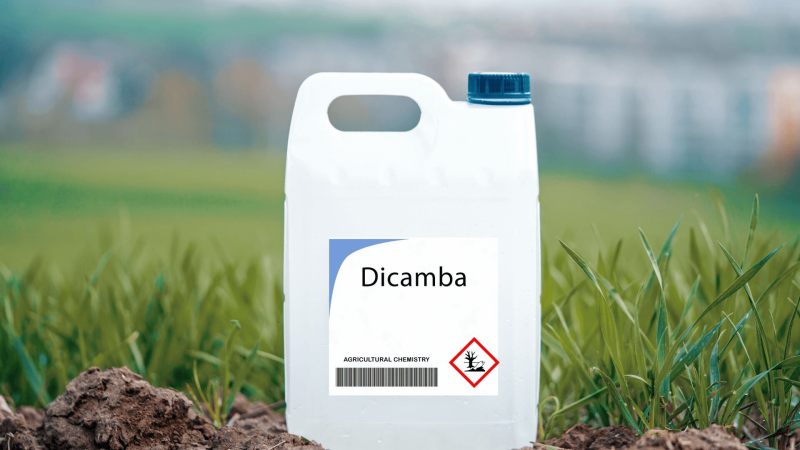In early February, dicamba once again found itself on the wrong side of the law. A federal court in Arizona vacated EPA’s 2020 registrations for dicamba products to be used in over-the-top applications. This effectively meant that the agricultural community would be unable to apply XtendiMax (Bayer), Engenia (BASF), and Tavium (Syngenta) for the upcoming 2024 growing season.
In reviewing the case, the court found that EPA to be in violation of the Federal Insecticide, Fungicide, and Rodenticide Act (FIFRA) when it re-authorized dicamba back in 2020.
Naturally, the industry was displeased with this ruling. “ARA disagrees with this decision,” wrote Daren Coppock, President/CEO for the Agricultural Retailers Association (ARA), in a released statement on the matter. “It removes a determination that should be made by a science-based regulatory agency to a federal court, and the timing of the decision will be extremely disruptive to ag retailers, distributors, manufacturers, and farmers who made plans to use these products in 2024. This court decision, issued after those plans have been made and while retailers are procuring the products necessary to fulfill them, comes at the worst possible time in the season.”
And just like that, one of the ag industry’s most commonly used herbicides was ruled ineligible for the time being. Unfortunately, this has increasingly become the norm for the crop protection products business over the past few years.































